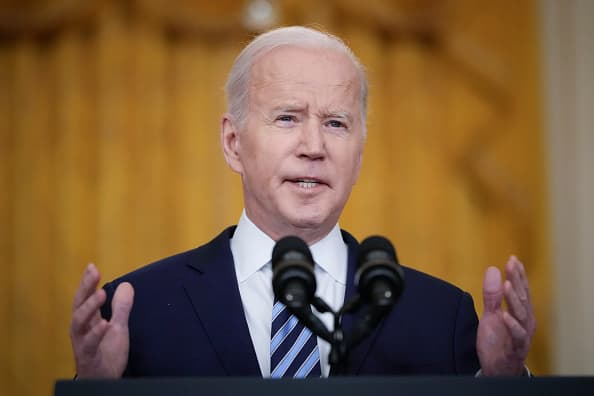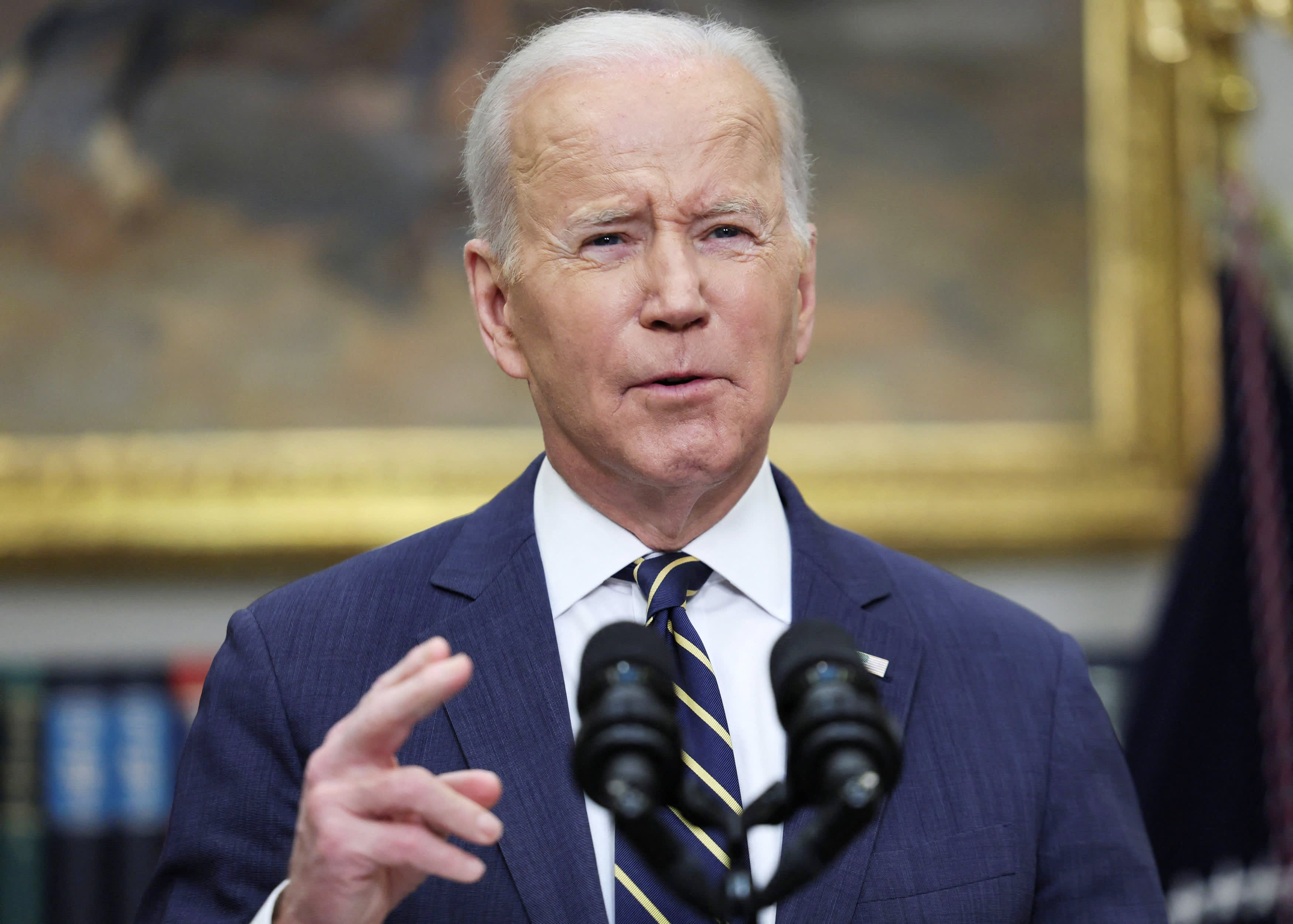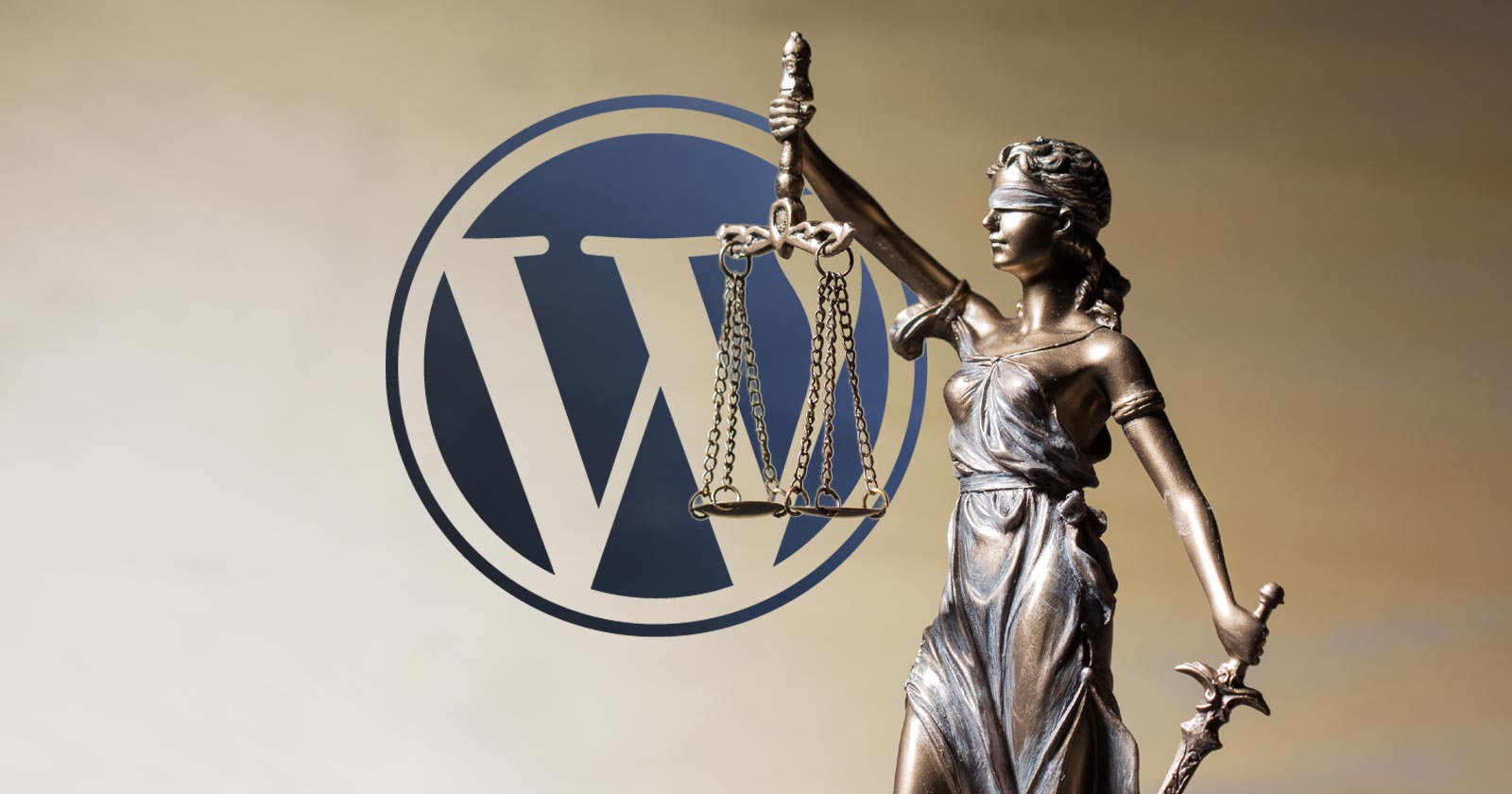Treasury Secretary Yellen touts clean energy tax incentives Biden signed into law
The new incentives put the nation on a "strong course" toward substantially cutting greenhouse gas emissions by the end of the decade, Yellen said.

Treasury Secretary Janet Yellen speaking at a news conference on July 14.
Made Nagi | Reuters
Treasury Secretary Janet Yellen touted tax credits and other private sector incentives contained in the Inflation Reduction Act on Tuesday in North Carolina, saying they will help lower energy costs for consumers and greenhouse gas emissions across the U.S.
The act, which President Joe Biden signed into law in August, represents the largest climate spending package in U.S. history, with $369 billion earmarked for domestic energy initiatives and to combat climate change. Yellen said Biden secured over $430 billion to modernize the U.S. energy system.
"These investments will accelerate the transition to our green energy future and lower energy costs for American households and businesses," Yellen said at the Cypress Creek Renewables plant in Durham. "They will secure our energy supply against global price shocks. And they will provide good-paying, high-quality jobs across America — particularly in non-coastal communities that have suffered from disinvestment."
Yellen's visit to the plant is the third in a series of tours this month to discuss the significance of Biden's economic agenda ahead of the November midterm elections.
The climate plan dedicated $50 billion to securing infrastructure against extreme weather events related to global warming. Yellen said the investment will help protect farmers, homeowners and communities against droughts, floods and extreme heat.
Thousands of dollars in tax breaks and rebates for electric vehicles and home efficiency upgrades — such as energy-efficient skylights, water heaters and solar panel installation — are also money-saving features in the new law expected to translate to lower energy costs for families.
But Yellen said the government will also rely on the private sector to help meet its climate goals by reducing emissions to at least half of 2005 levels by 2030. All goals will work toward reducing supply chain disruptions amid increasingly unpredictable weather events.
"Specifically, government must provide the basic foundations and long-term certainty that businesses need to invest at scale and drive the transition toward a clean energy future," Yellen said.
The Biden administration has outlined plans in the Bipartisan Infrastructure Law to improve and expand transmission lines, potentially tripling the size of electronic transmission systems by 2050. Half a million chargers will be made available across the country under the first national EV charging system, Yellen said.
The Treasury Secretary also spoke of Biden's Justice40 initiative, established days after he took office. Forty percent of the overall benefits of federal climate and environmental remediation investments will be delivered to disadvantaged communities under the initiative. Yellen said the plan has already funded clean-up and revitalization efforts for communities affected by hazardous waste and pollution.
The investments will capitalize on the global demand for low-carbon products and create good-paying, high-quality domestic jobs while boosting "our global effort to directly combat climate change and avoid its worst economic, social, and health fallouts," the Treasury secretary said.
Treasury will hold roundtable discussions on efficient and effective implementation of tax credits, Yellen added.
"We are working expeditiously to provide clarity and certainty so the law's climate and economic benefits can be felt as quickly as possible, while providing effective guardrails to ensure that the benefits are delivered as intended," she said.

 ShanonG
ShanonG 































